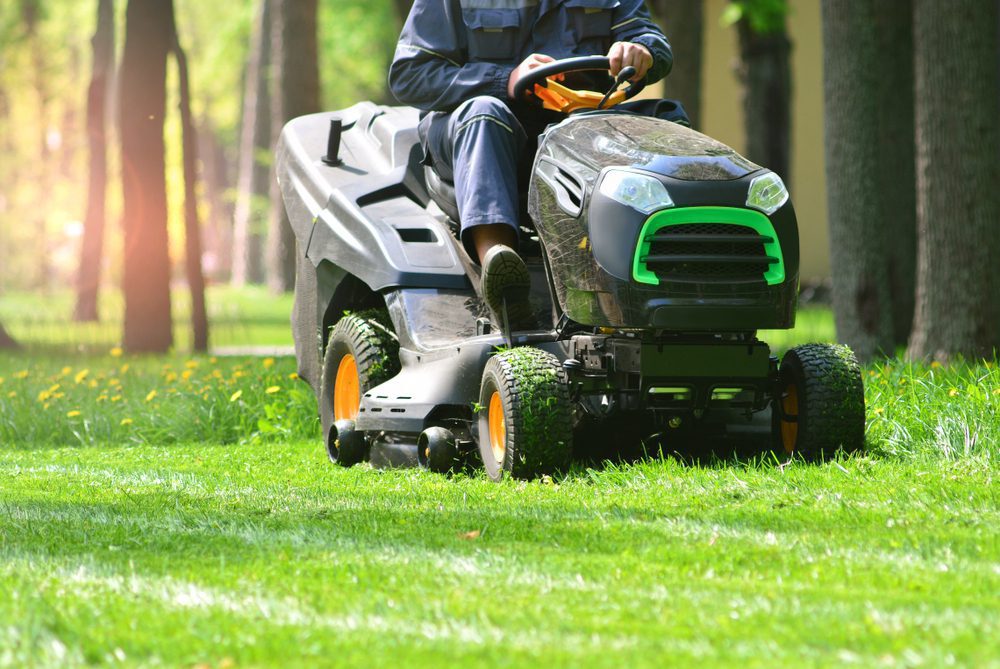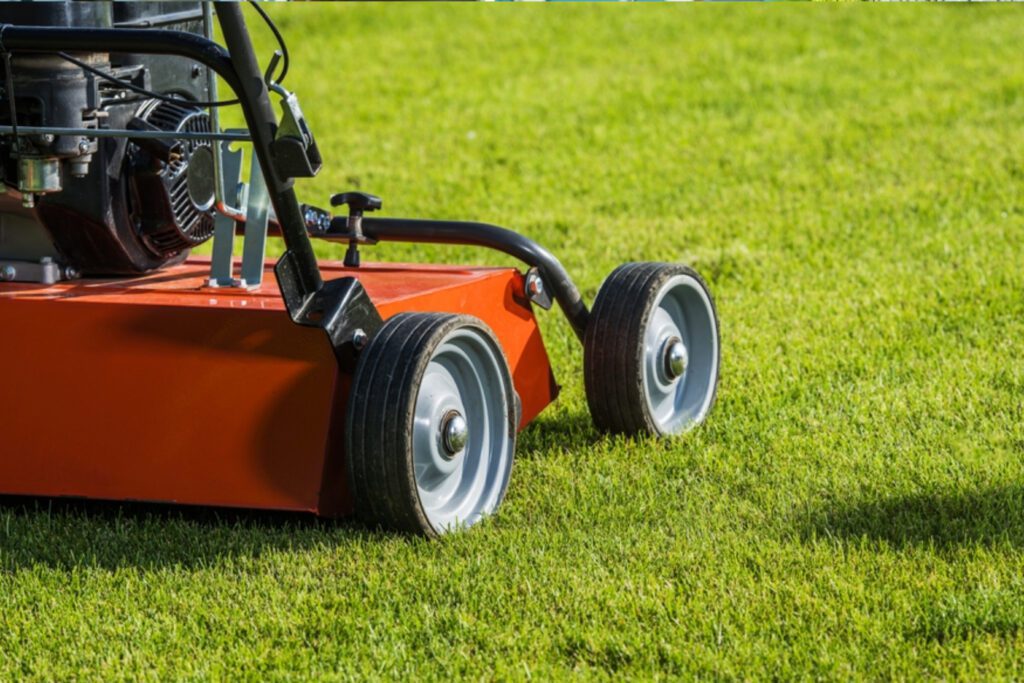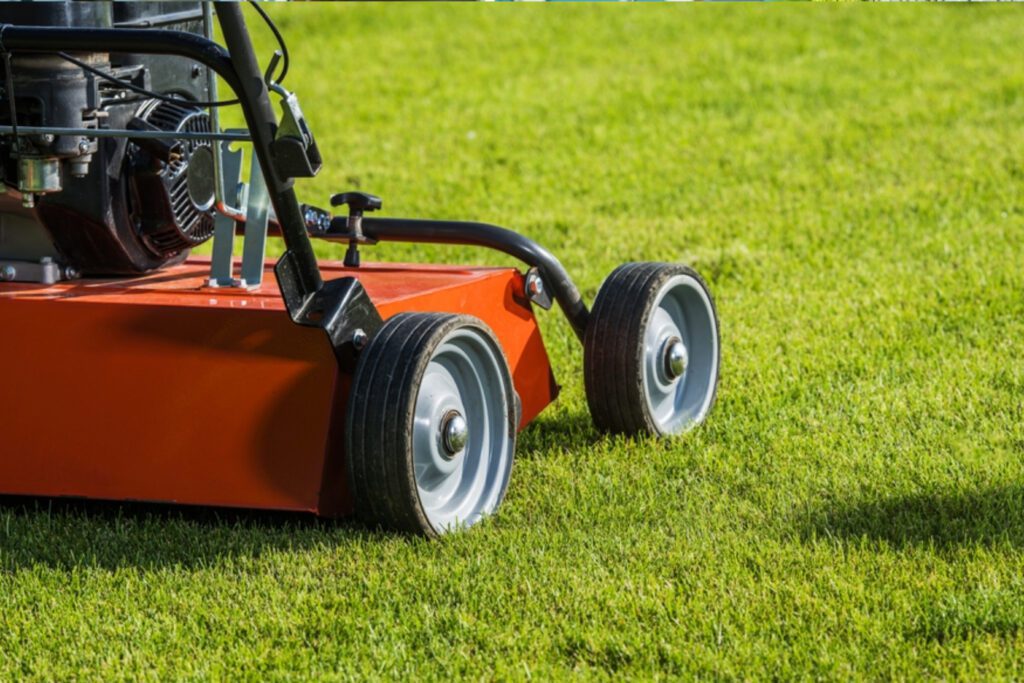The Importance of Lawn Care for a Healthy and Lush Lawn
Swift, efficient and affordable Lawn Care and Snow Removal services.
The Importance of Lawn Care for a Healthy and Lush Lawn
A well-maintained lawn not only enhances the curb appeal of your home but also contributes to a healthier environment. Whether you’re a seasoned gardener or a novice, understanding the significance of proper lawn care is essential. Let’s delve into why lawn care matters and how it can transform your outdoor space.

Aesthetic Appeal
A lush, green lawn is visually appealing and creates a welcoming atmosphere. It serves as a canvas for other landscape elements, such as flower beds, trees, and pathways. Regular mowing, edging, and trimming keep your lawn looking neat and well-groomed.
Weed Control
A well-maintained lawn is less susceptible to weed infestations. Regular mowing at the correct height helps prevent weeds from taking over. Additionally, applying pre-emergent herbicides can stop weed seeds from germinating.
Environmental Benefits
Lush lawns contribute to environmental well-being. They absorb carbon dioxide, release oxygen, and filter pollutants from the air. Grass also acts as a natural cooling system, reducing heat around your home during hot summer months.
Recreation and Relaxation
Your lawn is an outdoor oasis—a place for family gatherings, picnics, and playtime. A well-cared-for lawn provides a comfortable space for relaxation, outdoor games, and leisure activities
Water Conservation
Efficient lawn care practices, such as watering deeply but infrequently, help conserve water. Choosing drought-resistant grass varieties and adjusting irrigation schedules based on weather conditions further reduce water usage.
Soil Health
A well-maintained lawn contributes to soil health. Grass roots aerate the soil, allowing oxygen and nutrients to reach deeper layers. Healthy soil supports robust grass growth and provides a stable foundation for your entire landscape.
Biodiversity Support
A well-maintained lawn can host various beneficial organisms, such as earthworms, insects, and microorganisms. These contribute to a balanced ecosystem and improve overall soil health.
Pet and Family-Friendly Spaces
Regular lawn care ensures a safe and enjoyable outdoor space for your family and pets. Eliminate hazards like uneven surfaces, sharp objects, or overgrown areas.
Carbon Sequestration
Grass captures carbon dioxide from the atmosphere, helping combat climate change. A well-maintained lawn contributes to carbon sequestration.
Pollinator Habitat
A diverse lawn with flowering plants supports pollinators like bees and butterflies. Consider adding native wildflowers to attract these essential insects.
Healthier Grass
Proper lawn care practices promote healthy grass growth. Regular watering, fertilization, and aeration ensure that your grass receives the nutrients it needs. Aeration, in particular, allows air, water, and nutrients to penetrate the soil, preventing compaction and promoting root development.
Pest Prevention
Healthy lawns are more resilient against pests and diseases. Regular inspections allow you to identify issues early and take appropriate action. Proper watering practices (avoiding overwatering) discourage fungal diseases, while maintaining a balanced pH level in the soil supports overall lawn health.
Erosion Control
A thick, healthy lawn prevents soil erosion. Grass roots anchor the soil, preventing it from washing away during heavy rains. Proper grading and regular lawn maintenance play a crucial role in erosion prevention.
Property Value
Curb appeal significantly impacts property value. A beautiful lawn can increase your home’s resale value. Potential buyers appreciate a manicured lawn, and it sets a positive first impression.
Sustainable Landscaping
By practicing responsible lawn care, you contribute to sustainable landscaping. Avoid excessive use of chemical fertilizers and pesticides, opt for native plants, and create a balanced ecosystem that supports local wildlife.
Seasonal Adjustments
Lawn care isn’t a one-size-fits-all approach. Adjust your practices based on the seasons. For example:
Spring: Focus on fertilization and weed control.
Summer: Proper watering and mowing are crucial during hot months.
Fall: Aerate and overseed to prepare for winter.
Mulching Benefits
Grass clippings act as natural mulch when left on the lawn after mowing. They return nutrients to the soil, reduce evaporation, and enhance moisture retention.
Noise Reduction
A thick lawn absorbs sound, reducing noise pollution from nearby roads or neighbors. It creates a peaceful environment for relaxation and outdoor activities.
Composting Opportunity
Grass clippings, leaves, and other organic debris from lawn maintenance can be composted. Compost enriches the soil and reduces waste.
Educational Value
Teach children about responsibility and nature by involving them in lawn care activities. Gardening fosters a sense of connection to the environment.
In conclusion, lawn care isn’t just about aesthetics—it’s about nurturing a vibrant, resilient outdoor space that benefits both you and the environment. So grab your gardening gloves, step outside, and give your lawn the attention it deserves!

